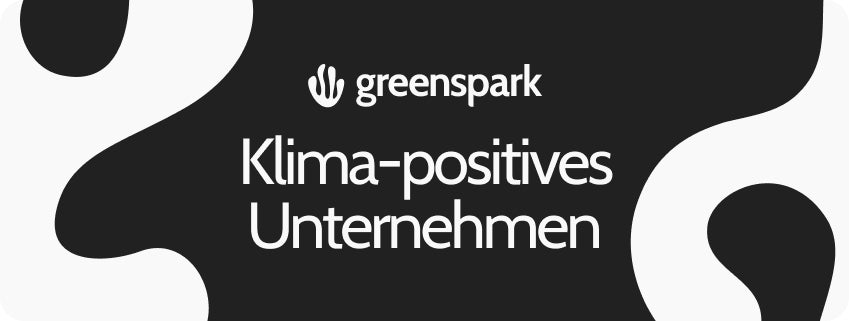
DAVOS, Switzerland - President Donald Trump's administration has issued several executive orders eliminating federal diversity, equity, and inclusion (DEI) programs, prompting a search for new terminology at the World Economic Forum in Davos.
The orders aim to remove what the administration calls discriminatory practices, affecting government hiring and federal contracts by disallowing considerations based on race, sex, or religion. This shift has created a challenge for business leaders at Davos, where traditionally, diversity initiatives have been seen as vital for innovation and business growth.
At the annual meeting in Davos, discussions have turned to how companies can describe their commitment to inclusive practices without using the now politically sensitive terms like "DEI" or "DEIA" (diversity, equity, inclusion, and accessibility). Leaders from various industries are exploring alternative phrases to convey similar values in a way that aligns with the new administrative directives.
Investment in diversity is not expected to wane, despite the policy changes, according to some bankers present at the forum. They argue that a diverse workforce mirrors the global market and drives innovation. However, not everyone at Davos agrees, with some seeing these moves as a step towards more merit-based systems, potentially at the expense of underrepresented groups.
The Trump administration's directives include putting federal DEI staff on leave and planning for layoffs, signaling a broader push against what they describe as identity-based hiring practices. Critics, including activists, argue that this move might disproportionately benefit those already in advantageous positions, under the guise of prioritizing merit.
As Davos 2025 unfolds, the conversation around diversity continues to evolve, with participants seeking ways to maintain their commitment to inclusivity while navigating the new political landscape. The forum's discussions are a microcosm of a larger debate in the corporate world about how to balance diversity with meritocracy.
War dieser Artikel hilfreich für Sie? Bitte teilen Sie uns in den Kommentaren unten mit, was Ihnen gefallen oder nicht gefallen hat.
About the Author: Alex Assoune
Wogegen Wir Kämpfen
Weltweit-Konzerne produzieren in den ärmsten Ländern im Übermaß billige Produkte.
Fabriken mit Sweatshop-ähnlichen Bedingungen, die die Arbeiter unterbezahlt.
Medienkonglomerate, die unethische, nicht nachhaltige Produkte bewerben.
Schlechte Akteure fördern durch unbewusstes Verhalten den übermäßigen Konsum.
- - - -
Zum Glück haben wir unsere Unterstützer, darunter auch Sie.
Panaprium wird von Lesern wie Ihnen finanziert, die sich unserer Mission anschließen möchten, die Welt völlig umweltfreundlich zu gestalten.
Wenn Sie können, unterstützen Sie uns bitte monatlich. Die Einrichtung dauert weniger als eine Minute und Sie werden jeden Monat einen großen Beitrag leisten. Danke schön.































0 Kommentare